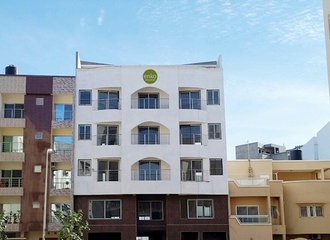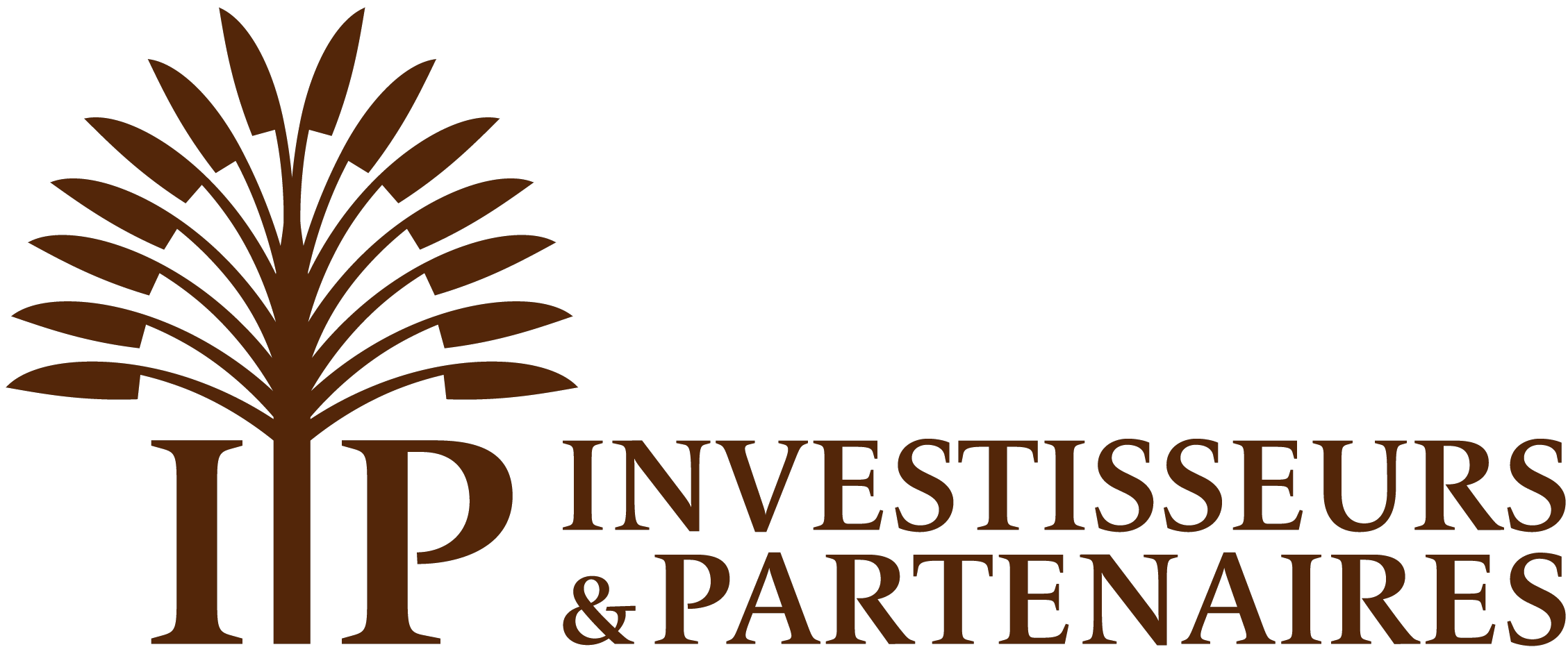The founders of Enko Education publish an article on education issues in Sub-Saharan Africa
Submitted by admin on Wed, 10/19/2016 - 13:17
The Blog Private Sector and Development has recently published an article by Eric and Cyril Pignot Nkontchou, co-founders of Enko education, supported by IPAE since August 2016. Enko Education aims to build one of the largest African networks of private schools in Sub-Saharan Africa, with a strong emphasis on Francophone countries.
Facing the challenges of education and training, a prerequisite to the development of Africa, the two entrepreneurs have declined the challenges facing the continent including the quality of education, low recognition of local diplomas, the low representation of African students in the best international universities.
Extracts
• On education in Africa
“The goal of universal primary school enrollment in the wake of the Millennium Development Goals, focused efforts for certainly encouraging results: the net primary school enrollment increased from 58% in 1999 to 3 76% in 2010.”
“But once out of primary school, two out of three students do not see the benches of the college or high school. Those passing 6th (or equivalent) find themselves in overcrowded classrooms for up to 120 or 150 students, as the High School Etoug Ebe Yaounde 4, receive ultra-traditional education focused primarily on memorization and pass national exams little delivering standardized unrecognized diplomas outside the borders of their country.”
• Under-representation and mobility of African students
“Rob Garcia, director of admissions at the Massachusetts Institute of Technology (MIT), says that "the records of the Sub-Saharan African student applications represent less than 1% of all applications ... more among the applications we receive, few who meet conventional standards required by US universities "
“Traditional teaching methods centered around the teacher and based on memorization, still practiced by the majority of sub-Saharan African schools poorly suited to international requirements analysis and personal reflection where students are clearly encouraged. In much of the continent, secondary education requires an overhaul of curricula, methods of organization of examinations and teacher training systems.”
• The private sector
“Private actors have a key role to play in the development of educational provision in emerging countries. The number of private schools is currently growing faster than the public schools.”
“In China, the network Dipont epitomizes this growth: the 6000 student Dipont schools benefit from international programs leading to the International Baccalaureate (IB), the A-level Cambridge, Advanced Placement, internationally recognized diplomas. These schools, originally born to serve the people, remain reserved for elite with school fees average 12,000 euros per year.”
About: “Private Sector and Development”
Through their day-to-day involvement in the economies of low-income countries, private-sector operators play an essential role in the development of emerging countries. The Private Sector & Development (PS&D) blog aims at emphasizing the solutions imagined and set-up by these operators to overcome the challenges of emerging markets. The blog offers the possibility of sharing additional insights and views on the topics addressed by the magazine. By posting the operational experiences of operators from the private sector, the blog PS&D aims at acting as a catalyst for the development of a sustainable private sector that will play a structuring role in low-income countries.
http://blog.private-sector-and-development.com/
